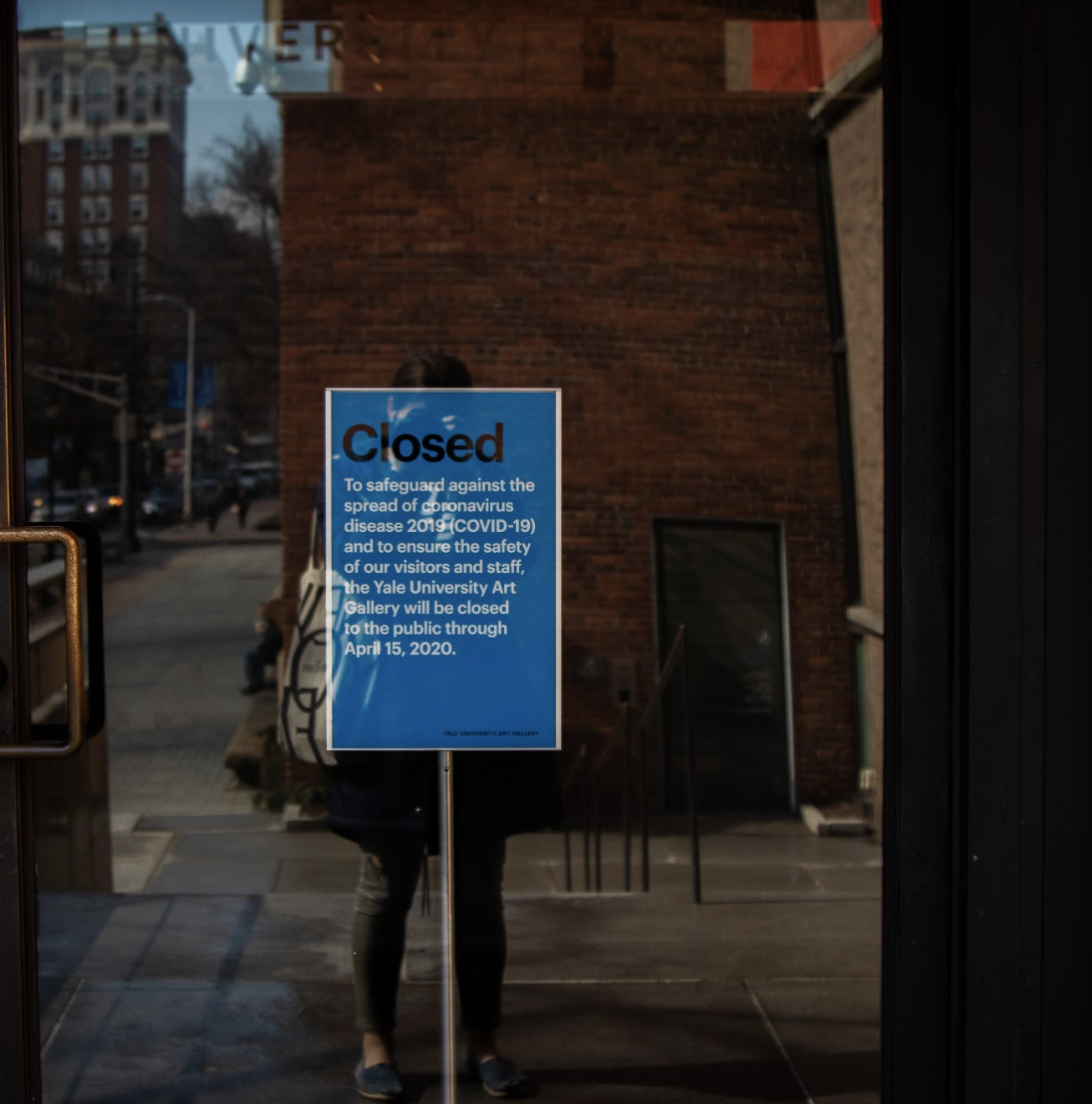
The Center for Disease Control and Prevention has shored up $10 million in funding for COVID-19 research as infections surge across the country, an opportunity many Yale researchers are applying for.
The CDC has requested proposals in five specific topics — surveillance and the natural history of SARS-CoV-2 transmission, development of diagnostics technology for COVID-19, immune response, transmission dynamics and host infection dynamics for SARS-CoV-2 and prospective cohorts for assessing COVID-19. The CDC announced the new funding opportunity on March 11, and an internal Yale posting with details on how to apply was later sent out. According to Yale School of Medicine Dean Nancy Brown, Yale has submitted a single proposal across several departments and groups to cover all of the topics requested by the CDC.
“Yale is submitting a single comprehensive proposal to the CDC as we believe that all these topics are interrelated and that a coordinated response is needed to control the pandemic,” Brown wrote in an email to the News. “We are grateful that the CDC is investing in COVID-19 research, as are many other federal agencies. The return on this research will go far beyond COVID-19 and will allow us to deliver clinical care, analyze data, and conduct research better for years to come.”
She specified that at least eight different departments across the Schools of Medicine, Public Health, Nursing and Engineering and Applied Science would contribute to COVID-19 research per the CDC’s guidelines.
Saad Omer, director of the Yale Institute for Global Health and the principal investigator on the proposal, emphasized the collaborative nature of the project. He noted that research would span across the University — including the Department of Chemical and Environmental Engineering, where, in a joint effort with Environmental Engineering professor Jordan Peccia’s group, sewage is being assayed for the presence of COVID-19 with the aim of evaluating it as a method for monitoring levels in a community.
Though funding is critical for promoting research, Sten Vermund, dean of the School of Public Health, said that $10 million is merely “a drop in the bucket.” He noted that the figure was likely all the CDC could manage on such short notice.
Omer said that the program is likely to be “highly competitive” given that research groups across the country are all vying for the $10 million sum.
Akiko Iwasaki, a professor of immunobiology and a Howard Hughes Medical Institute investigator, who is involved in immune monitoring and analysis against COVID-19, said that “everyone is taking money out of their pockets trying to fund this effort.” She said she was using her flexible account to pay for the reagents and equipment needed to conduct research. ”It’s for the community,” she added.
She emphasized that there are no “special funds” to tap into and stated that the establishment of an “emergency fund,” provided by governments or institutions or hospitals, would be important in conducting research “rapidly and in a coordinated fashion.”
Vermund noted that the National Institutes of Health have historically procured larger sums of funding than the CDC. For now, researchers who already have grants from the NIH can apply for a supplementary grant for COVID-19 research, as long as it can somehow be related back to the parent grant.
School of Medicine professor Ruth Montgomery, along with several other researchers — whose group conducts research on how the immune system responds to viral infections — has applied for this supplemental funding. Montgomery explained that funding agencies frequently have very specific areas they want to fund, meaning that “you could be a wonderful researcher, but not have anything that’s responsive to that opportunity. So that’s why we don’t all have CDC money, even though we’re working on diseases.”
The deadline to submit proposals to the CDC was on March 25.







